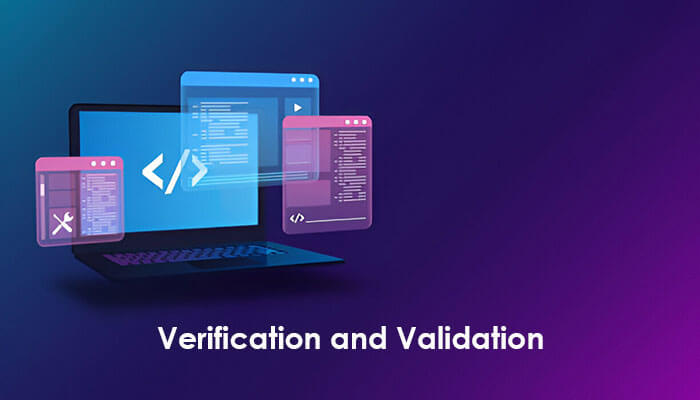Effective time management of employees is essential in a fast-moving business environment. This means a reduction in payroll errors with streamlined methods, an increase in productivity and ticking off all the best practices of employee time tracking app. However, with so many solutions to choose from today which is the best solution for your business? In this article, we set out the most important things you need to think about in getting the best time tracking apps suitable for your needs.
Choosing the Right Employee Time Tracking App: Key Factors to Consider
To get the most out of any time tracking software for businesses, there are several key factors to consider when making your choice. These are the most important facets you need to consider:
1. Understand Your Business Needs
Therefore, before you immerse yourself in the ocean of time tracking apps think about what your business needs. Whether you have a small or large team, the kind of projects your firm manages and specific needs as per industry. As an example, if the company is a small business that has only few employees, then their need of application will be very simple compared to large corporations which may also require additional features such as project management integrations and user-customizable reports.
2. Evaluate Core Features
![]()
When you select a time tracking software for businesses, make sure the features are at the base level that every business surely needs. Look for:
- Time Logging: Your employees must be able to log their hours — manually or automatically.
- Project Tracking: When you are in a business that has multiple projects, look for an app which allows one to segment time by project or client.
- Reporting: Use effective reporting tools to analyze time spent on tasks, and quickly produce detailed reports for payroll or productivity analysis.
- Integration: Make sure that the app can be added to other solutions you are using including payroll systems, project management tools, and accounting software.
It is essential to understand the features of a time tracking app so that you can choose. Compare options for features that best suit your needs
Also Read: What Is Employee Well-being and Why Is It Important?
3. User-Friendliness
The employee time tracking app should be user-friendly this is often a cause for worker frustration and limited adoption. Find apps with simple, clear interfaces and straightforward navigation that include good customer support. If you like trying before buying, free trials or demos can give a good indication of whether the app is easy to use.
4. Mobile Accessibility
Sometimes tracking apps are amazing, but totally mobile unfriendly (or even a nightmare). Look for a payment app that has apps on both iOS and Android devices. Workers can stay in control of time on the move, especially handy for remote and field employees.
5. Data Security
Making sure that sensitive employee data is safe and secure goes without saying always check to see if the time tracking app has tightened security protocols. Among the most important features to have in an e-signature service are data encryption, stringent login processes and frequently updated security. It is also important to check privacy policy and data protection compliance — e.g., under GDPR.
6. Scalability
The features you need in the time tracking app might change throughout your growing business. Choose a scalable app. This should be able to scale with more users, projects, and data without slowing the performance. When you need it, a lot of these apps are scalable and have multiple-tiered pricing plans.
7. Customer Support and Training
Having good customer support can be a lifesaver when you have technical issues or questions. Choose apps that provide all these options for guidance — live chat, email support, and phone assistance. Also, there is a question of training documentation or tutorials that your team could use to start using the application faster.
8. Pricing and Budget
Time tracking apps vary in price, with many pricing models from free basic versions to premium plans that offer more advanced features. Set your budget and look at what you are getting for that cost. A freelancer can use a pay-as-you-go model, or buy some of the great apps that only need to be purchased once. Make sure that the features available are consistent with your goals and dollar value.
Also Read: How To Balance Studies and Business in Entrepreneurship
9. Integration with Payroll Systems
The main reason to use a employee time tracking app is to speed up the payroll process. Confirm the compatibility of your payroll system with the app or the availability of any feature for Payroll. The time saved, potential reduction in errors, and the streamlining of payroll is a game changer.
10. User Reviews and Recommendations
Read reviews, and other business referrals before final decision-making. Reading about the experiences of other users can also help you determine some of the greatest strengths and challenges of an app. The most important reviews will boast about customer service, user-friendliness, and overall satisfaction.
Conclusion
Picking the right employee time tracking app for you may help to improve your business efficiency and productivity drastically. Based on your needs, use of core features, and other factors such as ease-of-use, mobility support, or security standards you can settle for an application that perfectly meets the requirements in each business scenario. Most importantly, keep in mind the same scalability aspect when analyzing customer support as well as a quick overview on pricing and some real-world cases. By using time tracking solutions for teams, you can ensure that your employee’s hours are properly managed, which allows you to concentrate on other important aspects of the business—like scaling.


